
We use cookies to help you navigate efficiently and perform certain functions. You will find detailed information about all cookies under each consent category below.
The cookies that are categorized as "Necessary" are stored on your browser as they are essential for enabling the basic functionalities of the site. ...
Necessary cookies are required to enable the basic features of this site, such as providing secure log-in or adjusting your consent preferences. These cookies do not store any personally identifiable data.
Functional cookies help perform certain functionalities like sharing the content of the website on social media platforms, collecting feedback, and other third-party features.
Analytical cookies are used to understand how visitors interact with the website. These cookies help provide information on metrics such as the number of visitors, bounce rate, traffic source, etc.
Performance cookies are used to understand and analyze the key performance indexes of the website which helps in delivering a better user experience for the visitors.
Advertisement cookies are used to provide visitors with customized advertisements based on the pages you visited previously and to analyze the effectiveness of the ad campaigns.

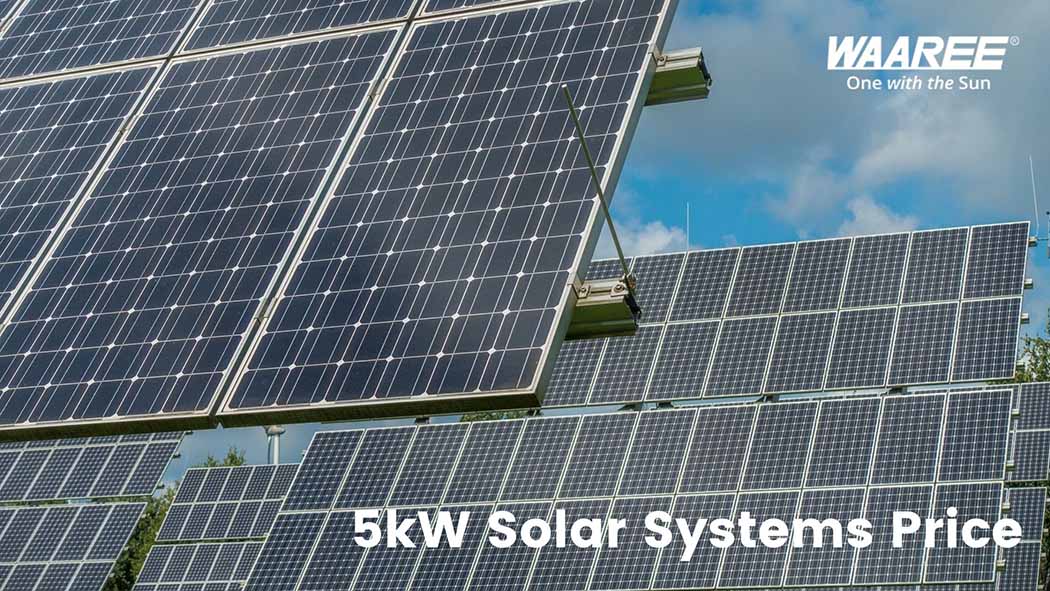

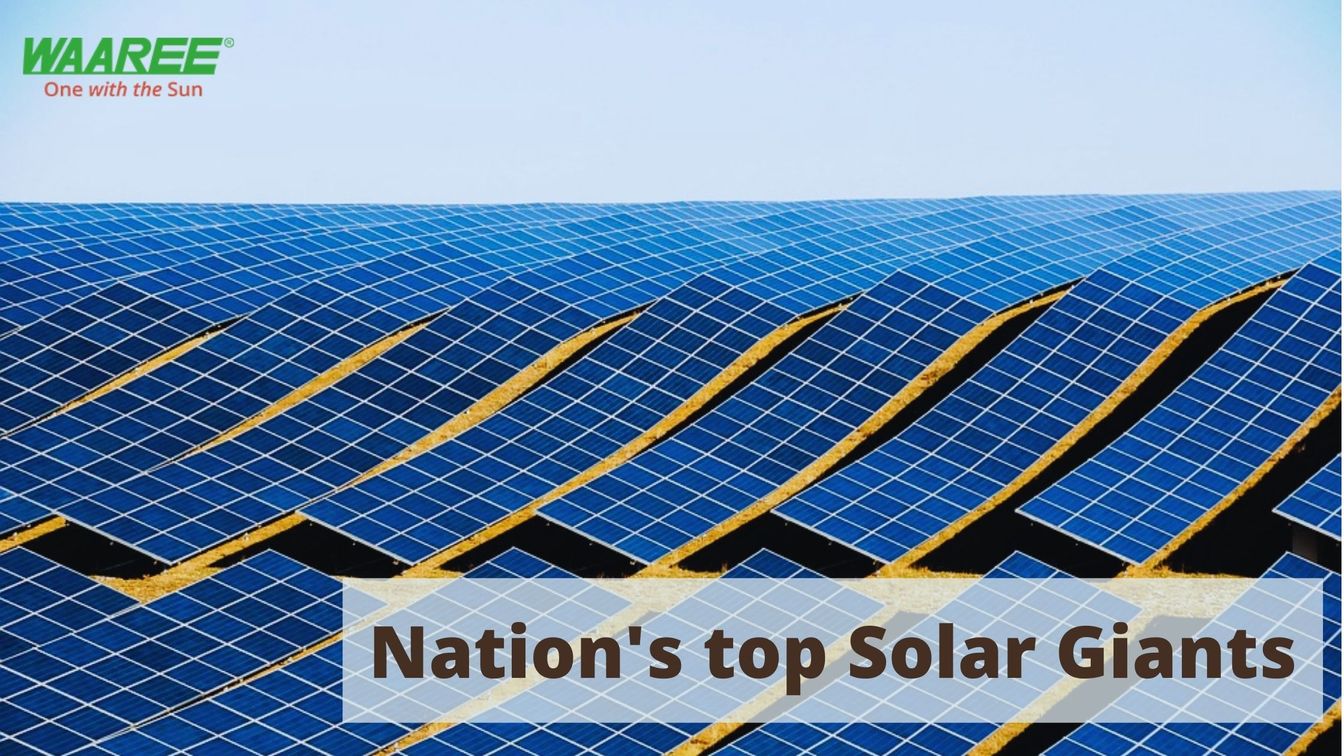

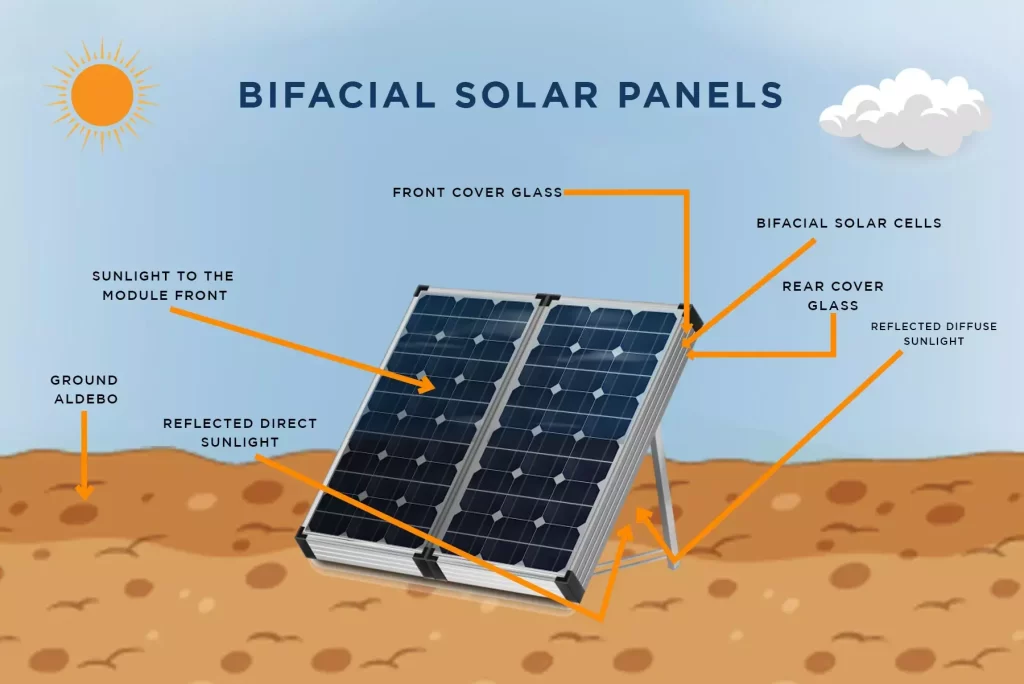
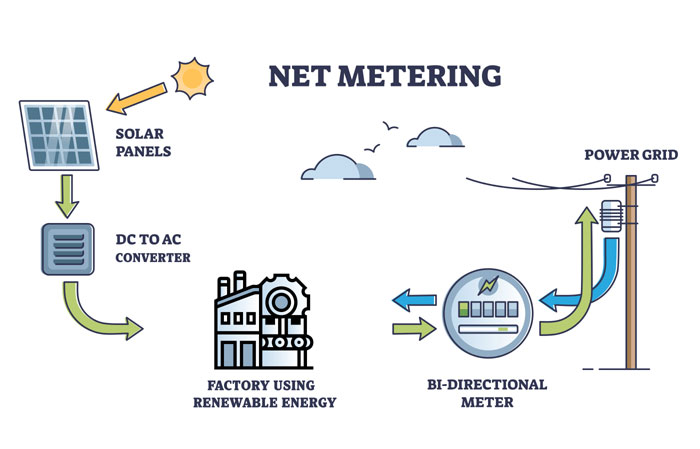
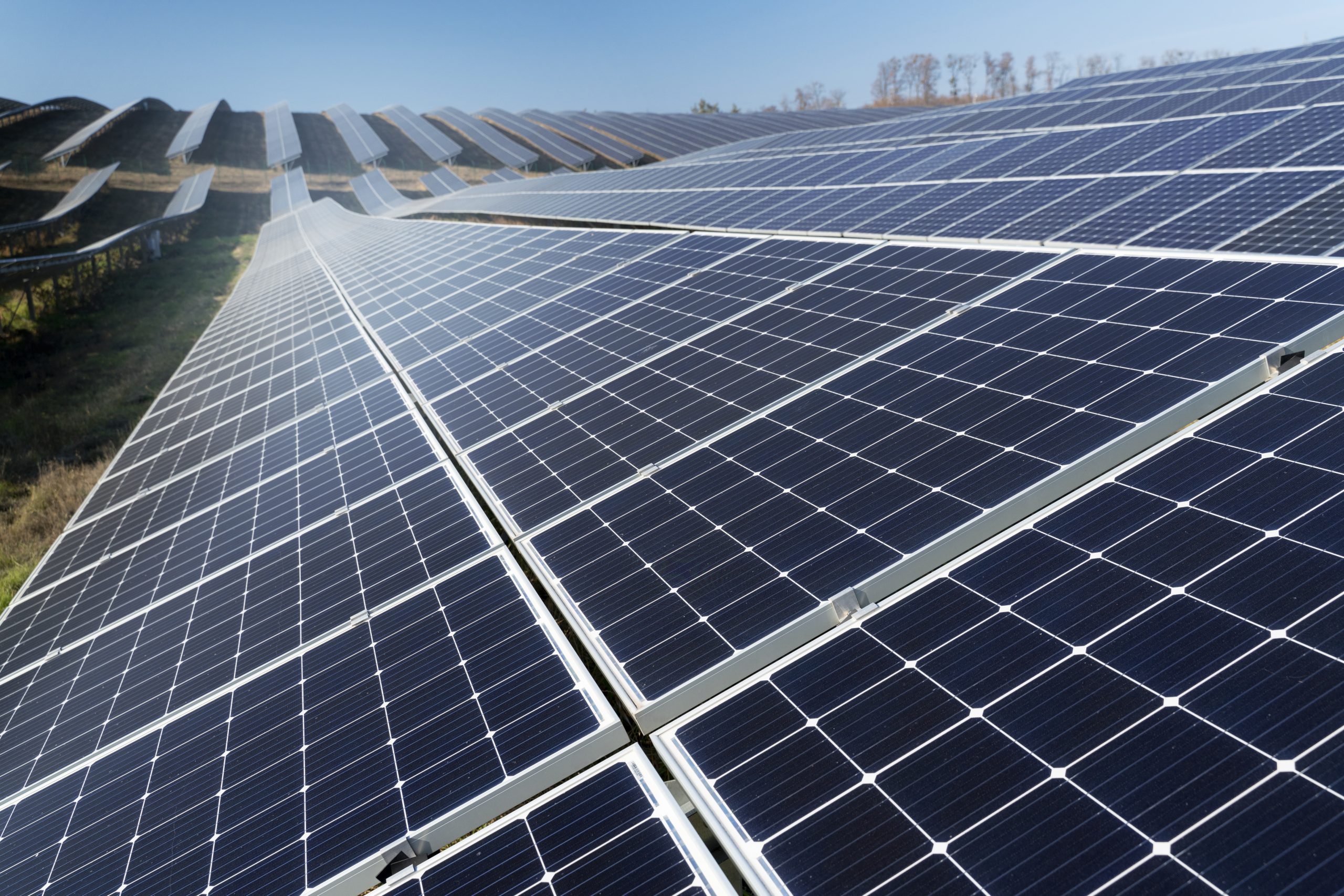
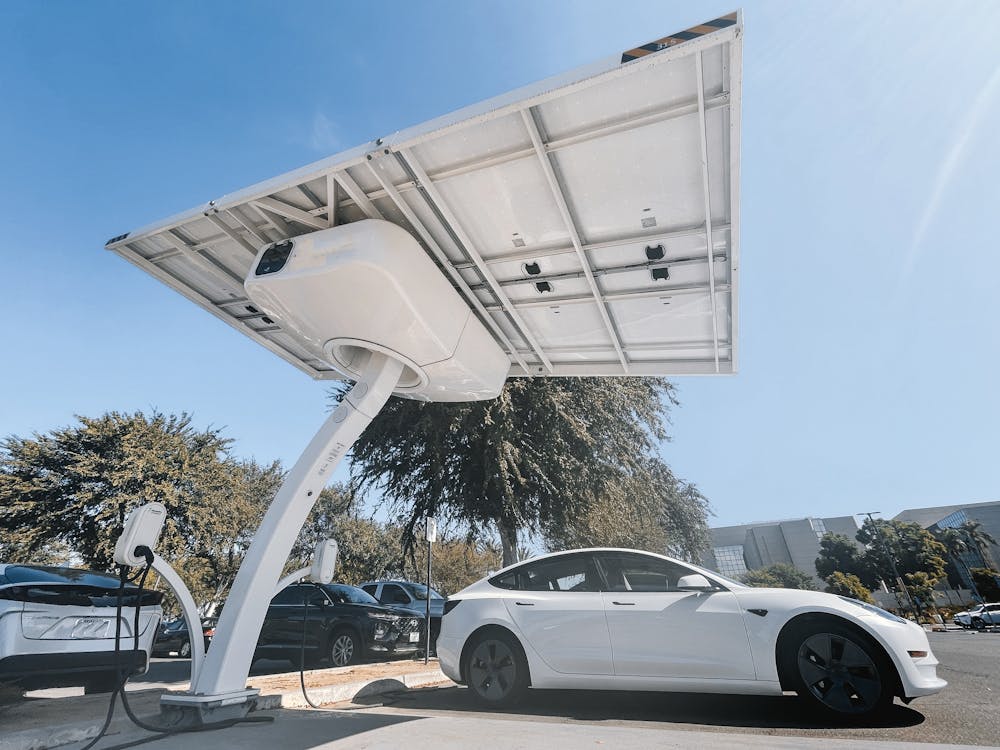
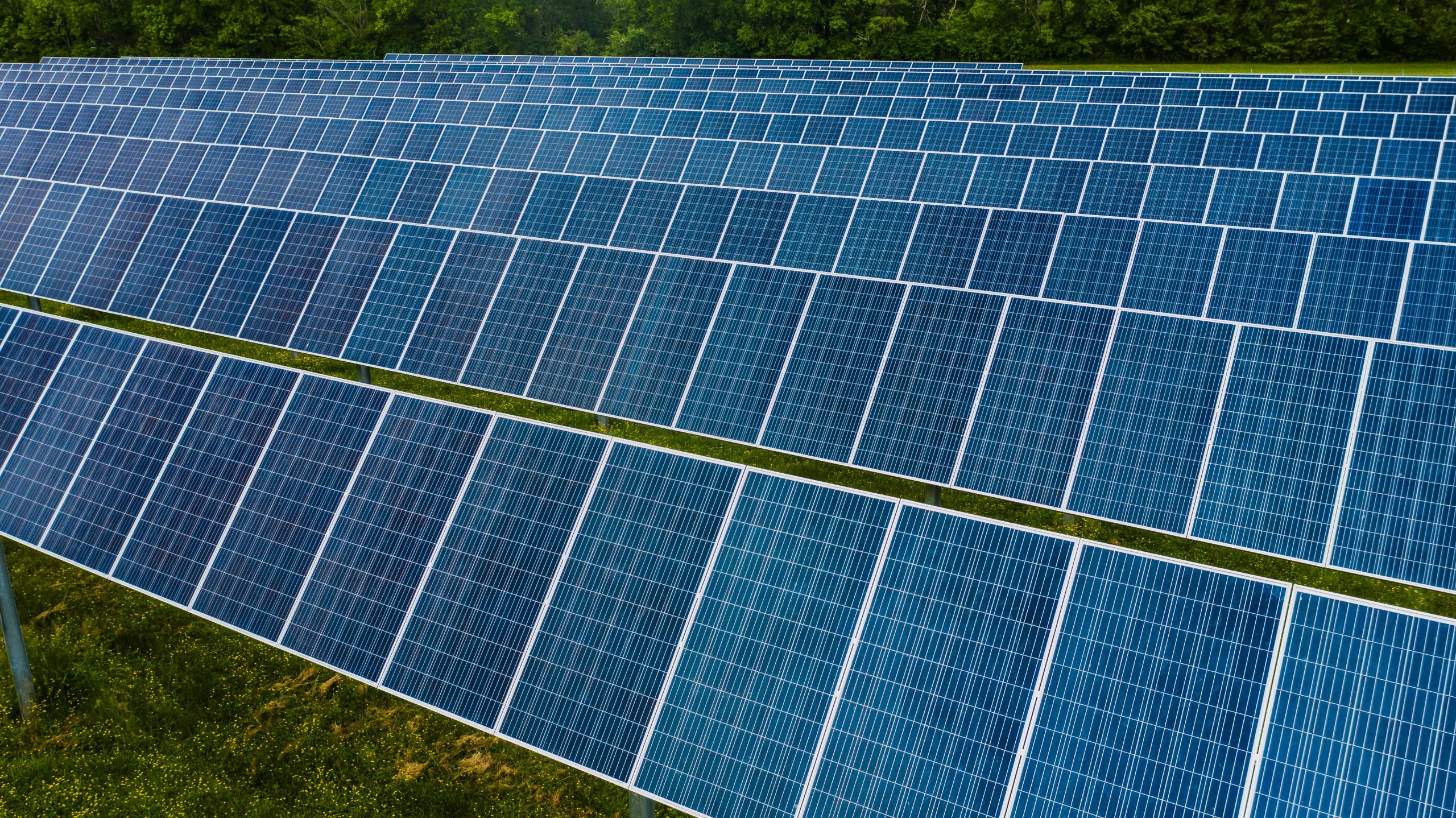
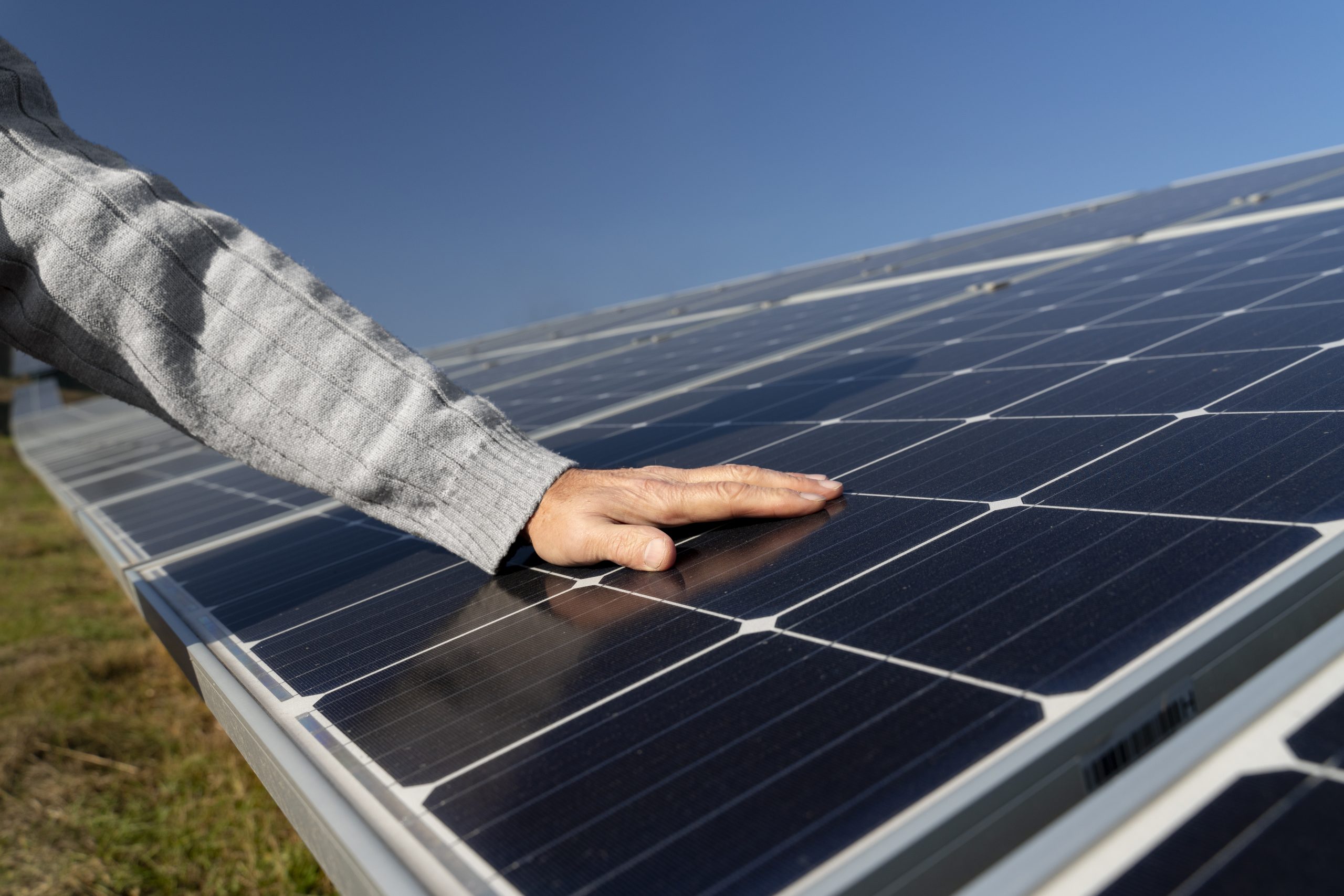

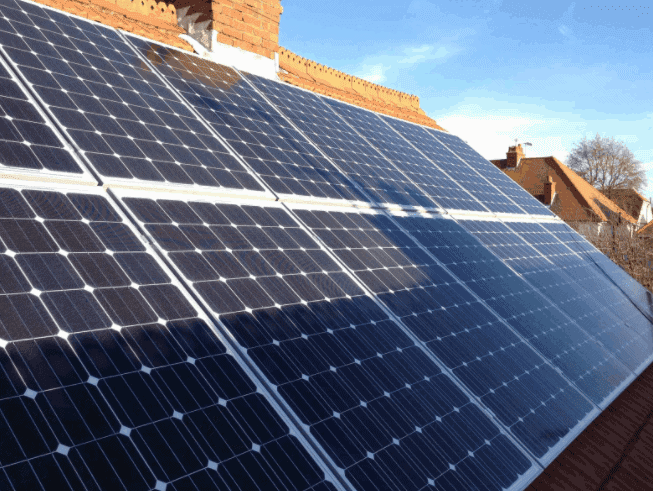

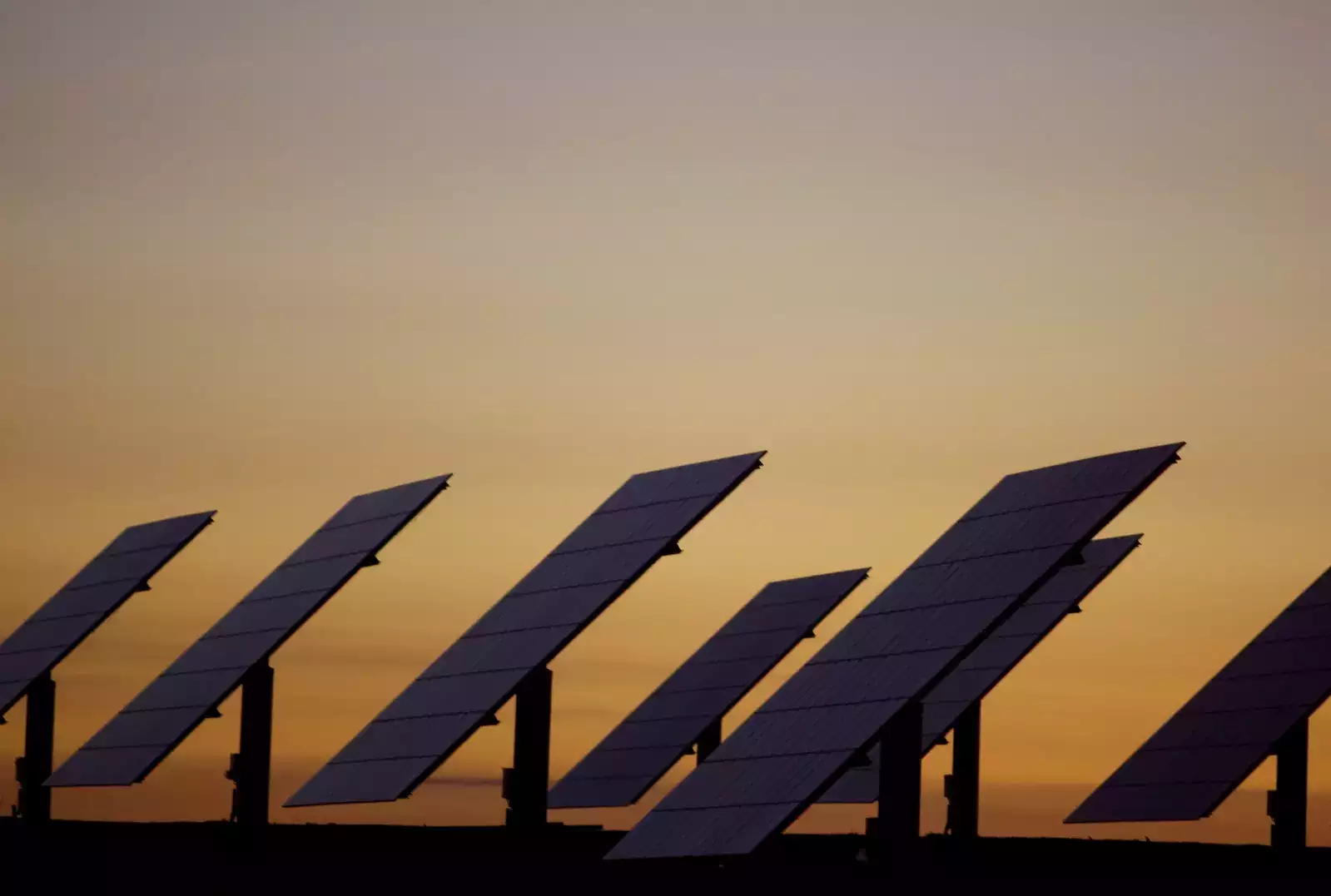



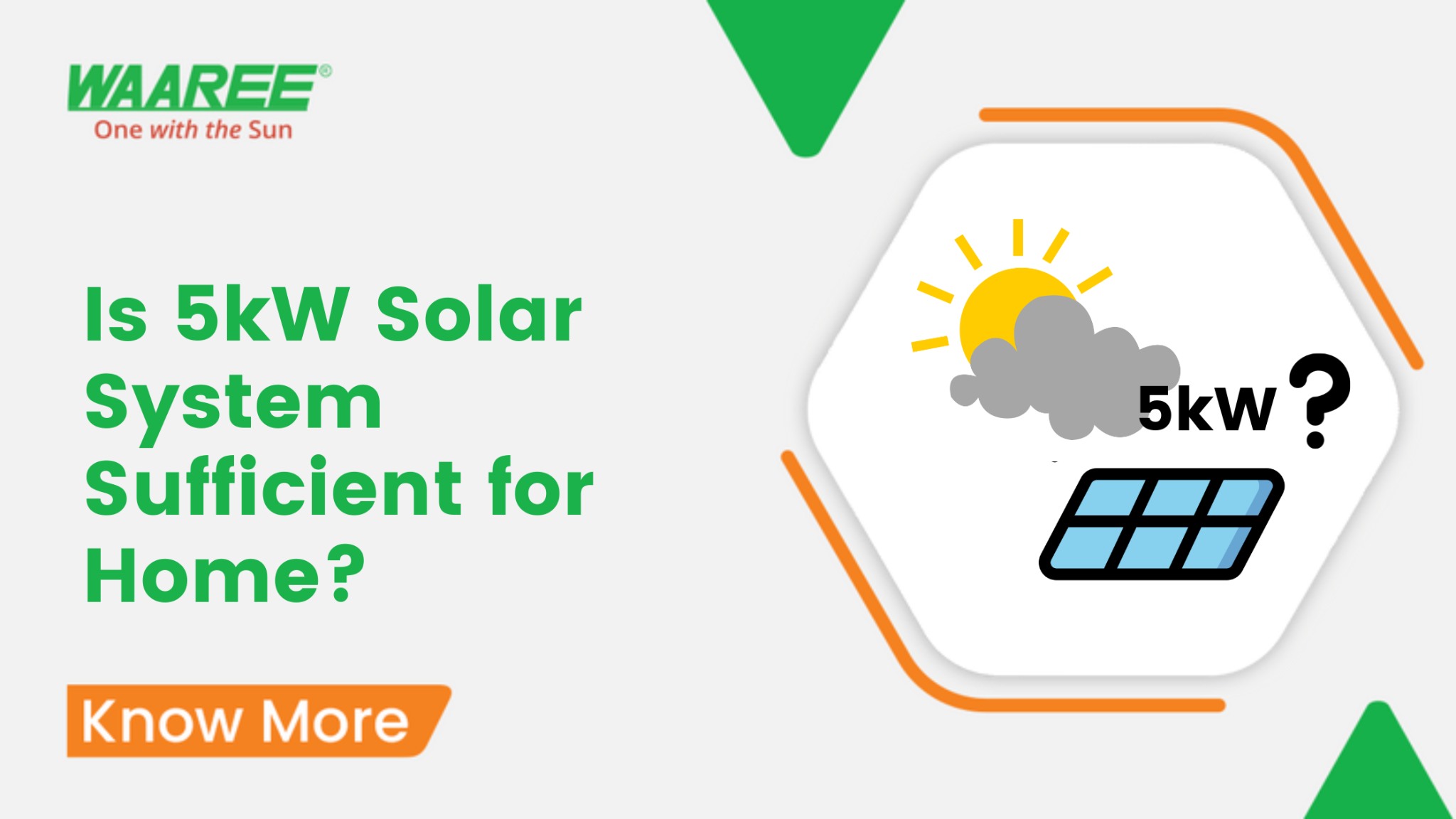

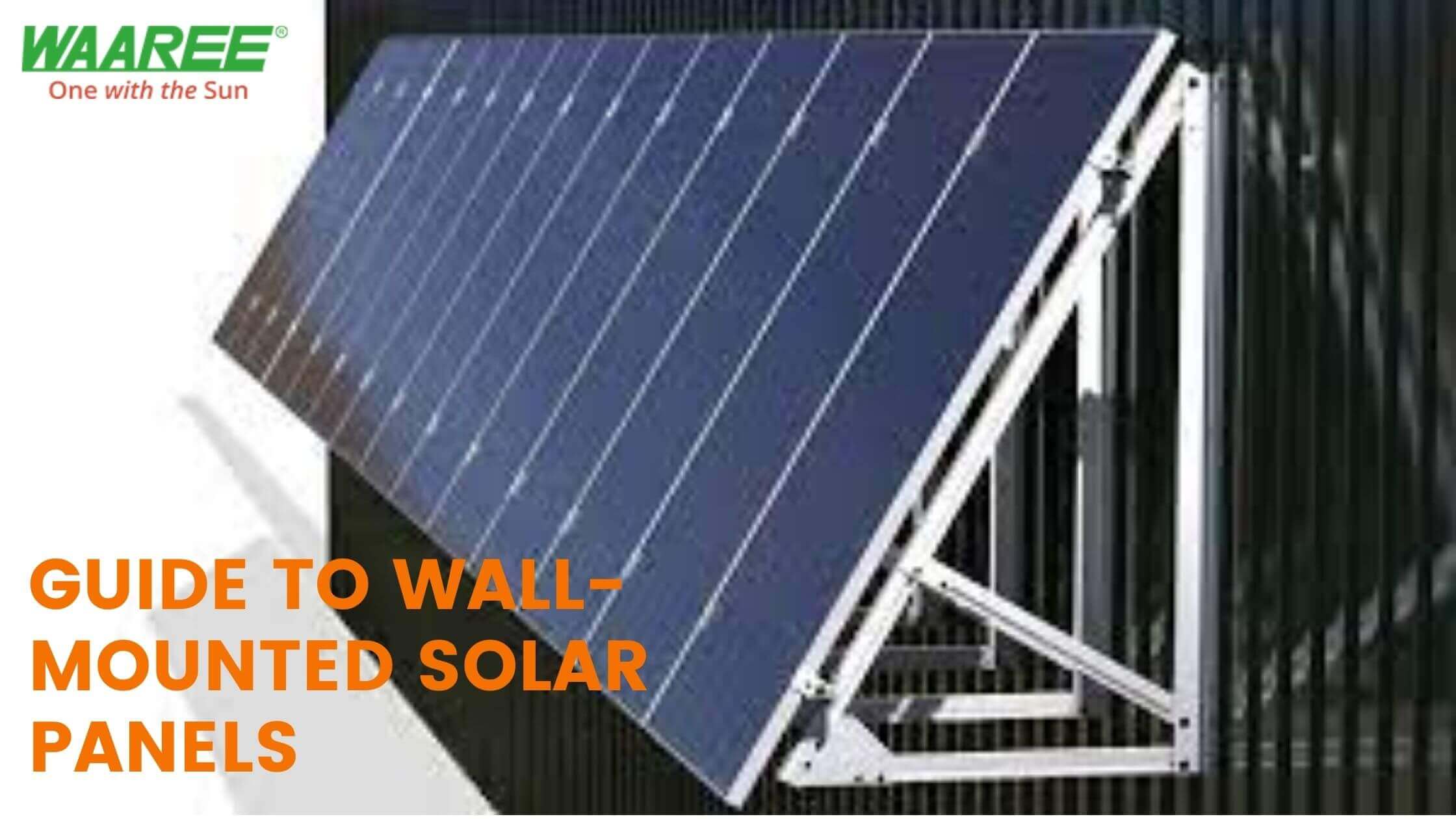
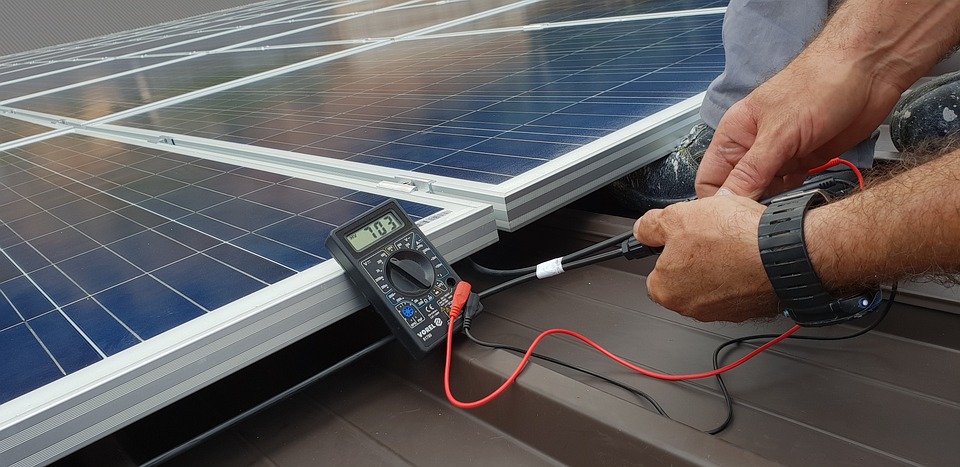

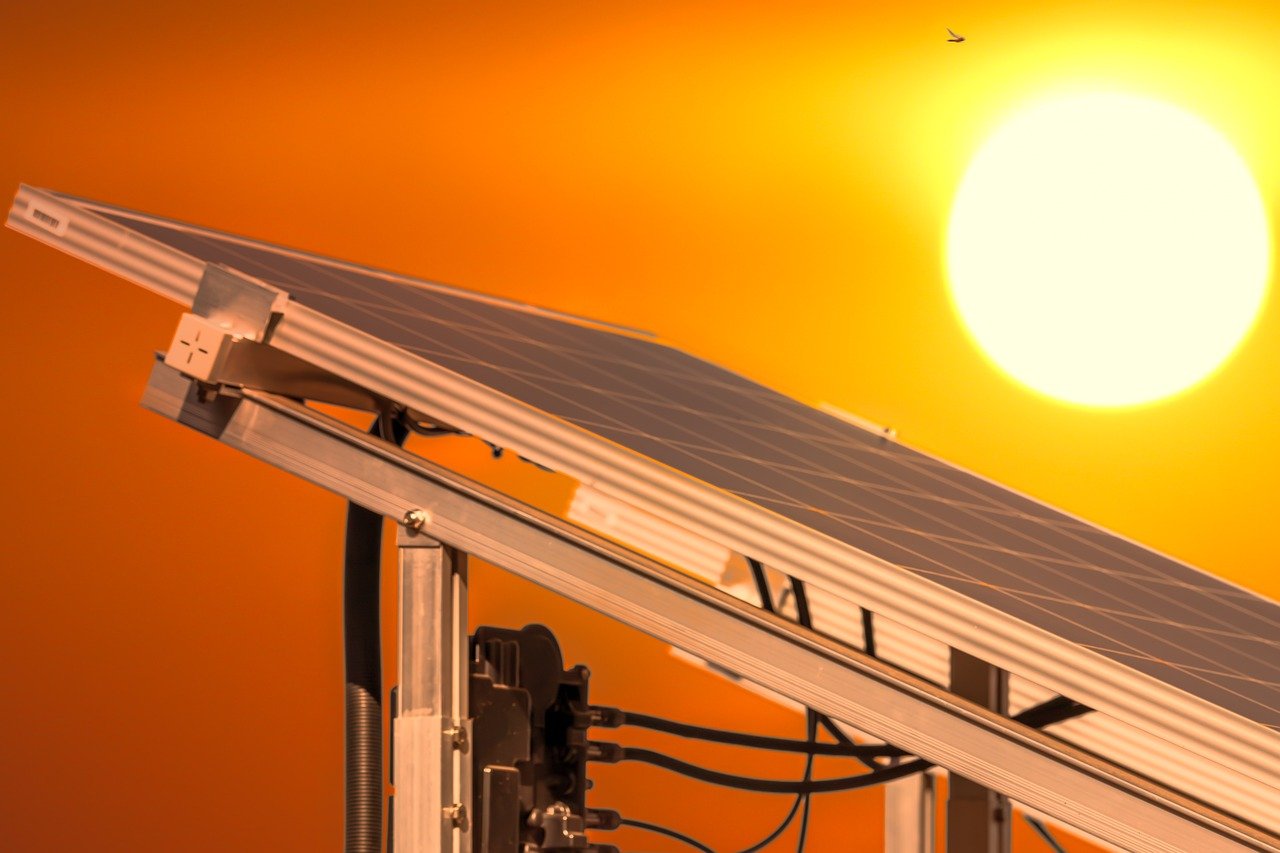

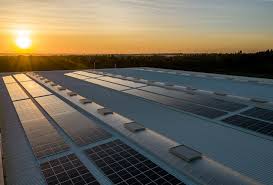
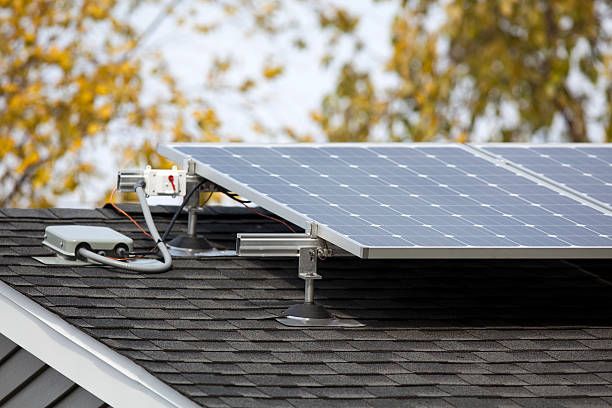
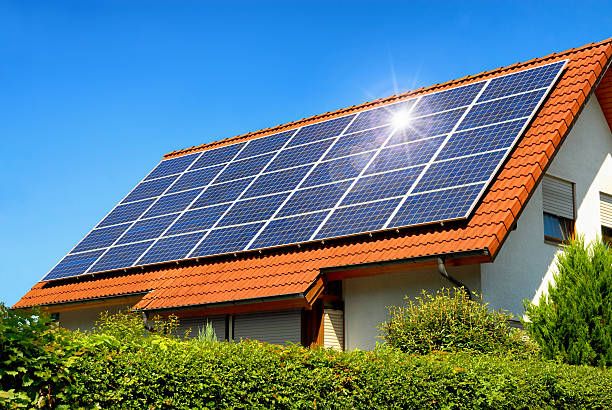
One of the fastest-growing industries in terms of natural energy sources is the solar panel system industry. It is an affordable system compared to conventional energy sources. These solar panels are available in a wide variety and multiple ranges. But what ratings should you choose? What should you do if you want to connect solar panels of different ranges? We are here to guide you through that.
The most effective way to increase your system voltage is through a series connection. Connecting solar panels in series means that the positive terminal of one panel is connected to the negative terminal of another until you are finally left with one of each terminal. These free terminals are connected to an inverter or a controller. Connecting solar panels in series increases both power and voltage.
The output current across series connections remains the same throughout all solar panels. The output voltage across this type of connection is the sum of all voltages. These solar panels must have the same power rating.
For example:
Panel 1
Panel 2
Series connection values
Power = Total Current*Total Voltage = 10*60=600 watts
Connecting solar panels in a parallel connection implies that all the negative terminals should be connected to other negative ones and positive to other positive terminals. After making these connections, you are left with a pair of opposite terminals. Similar to series connection, the leftover terminals are connected to an inverter or a controller. Connecting solar panels in parallel increases current and power.
The output voltage across parallel connections remains the same throughout all solar panels. The output current across this type of connection is the sum of all voltages. A lower power rating can drastically decrease the total output power.
For example:
Panel 1
Panel 2
Parallel Connection values
Power = Total Current*Total Voltage = 20*20=400 watts
As denoted by its name, mixed connections are those connections where both series and parallel connections exist. These types of connections are also known as hybrid connections. Series connection increases the voltage, and parallel connection increases the current. These types of connections maximize the output power. The only drawback is that the power rating must be the same. If there is a difference in power rating, the output power will fall. An even number of panels is effective in the case of mixed wiring.
Installation of a solar panel system might feel like a big task, especially without the perfect guidelines when doing it by yourself. From picking the panels to connecting them, it indeed is difficult. But keeping these simple concepts in your mind can save you from all the confusion.
A little awareness is all you need. Get started on generating electricity by yourselves if you haven’t considered it yet. It can save you from blowing up your bills. You can be one of those people to contribute to an environmentally friendly lifestyle.
Notifications